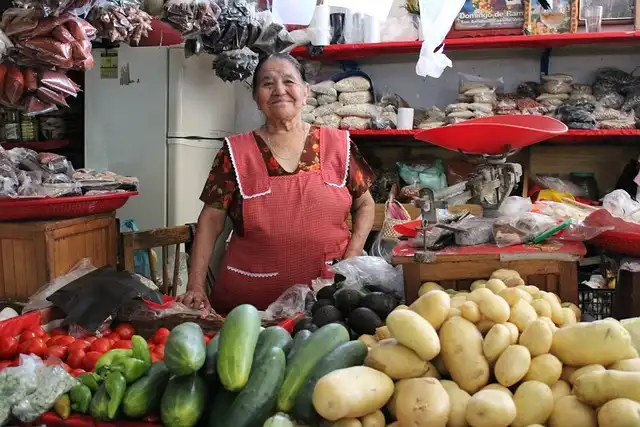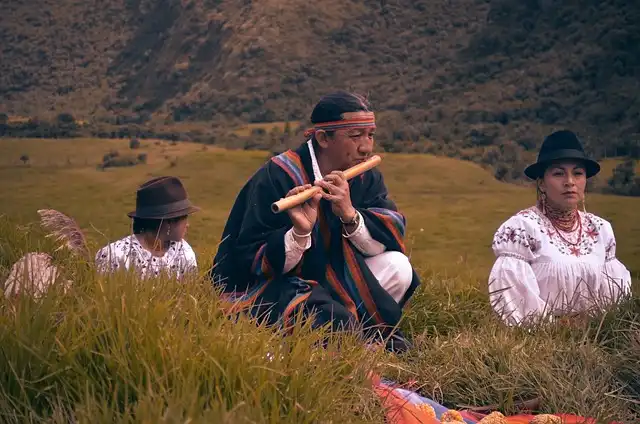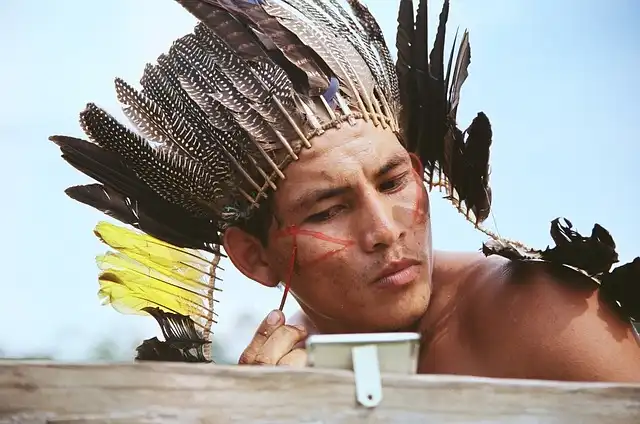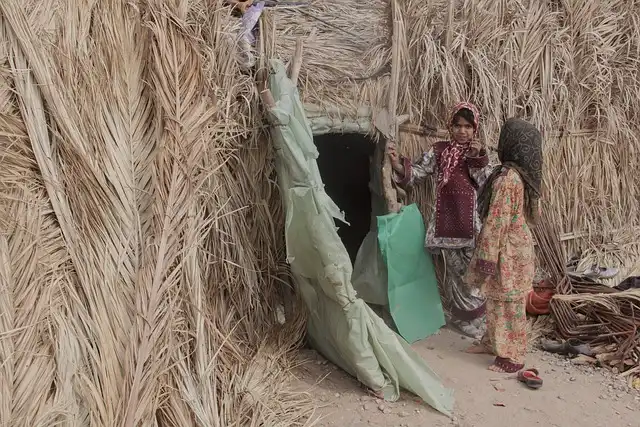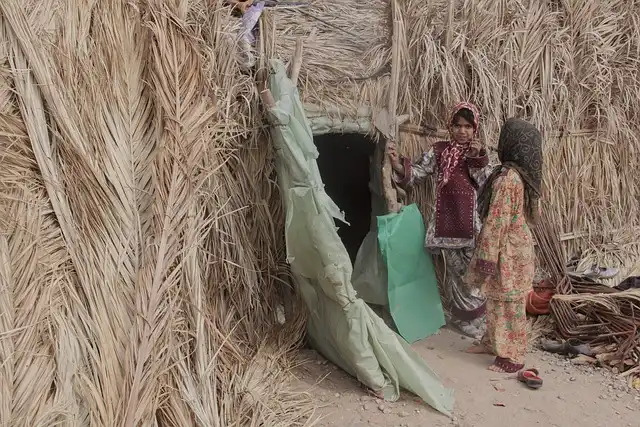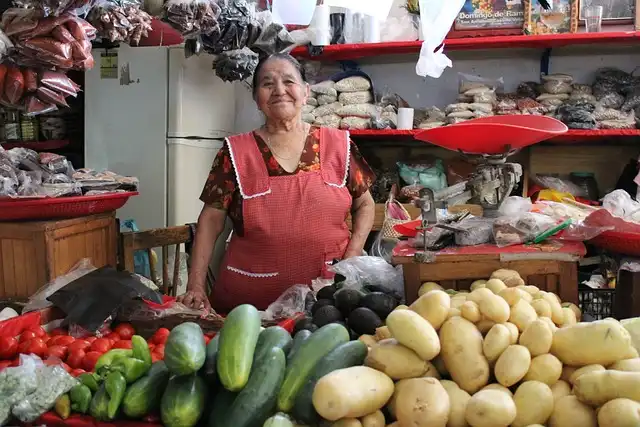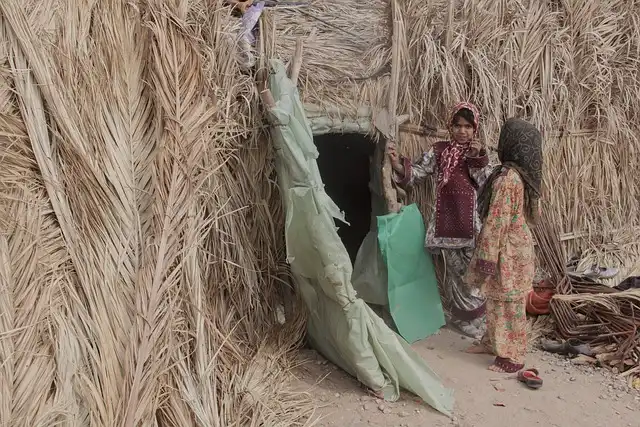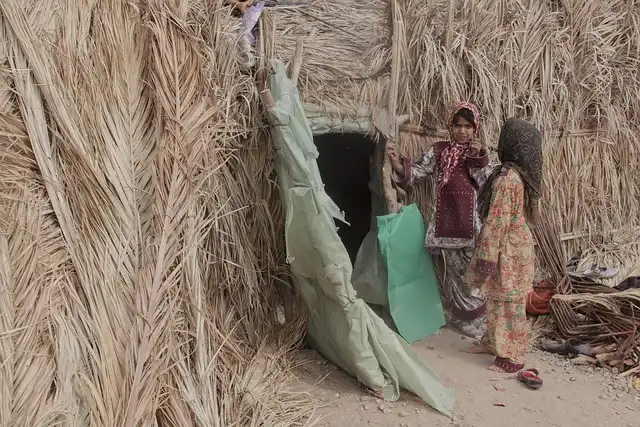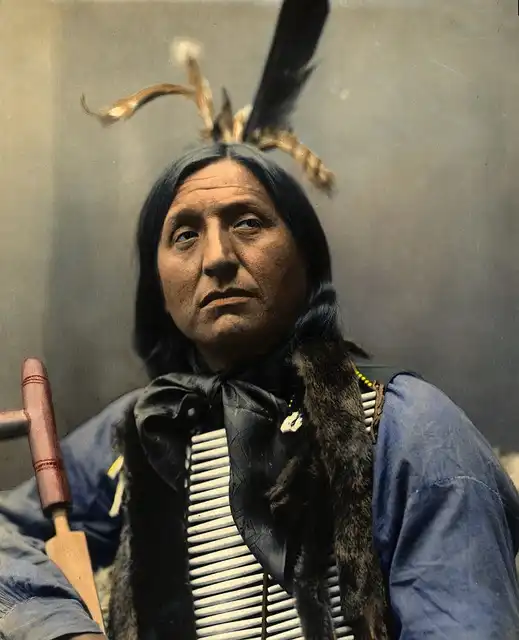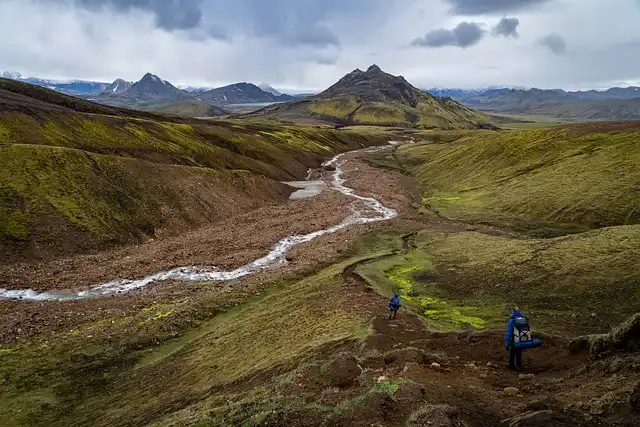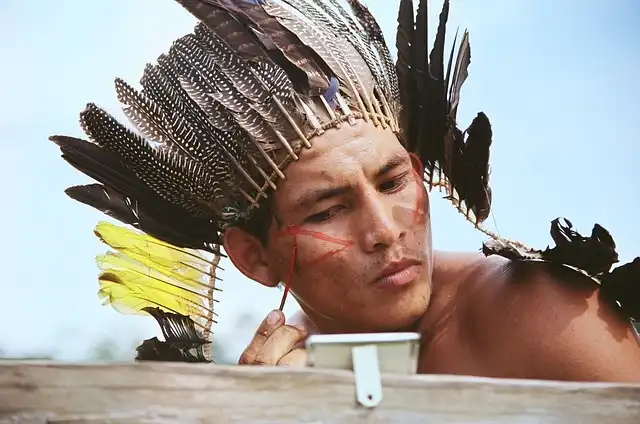
Indigenous Peoples Reach Unanimous Agreement on Defining the Just Transition and Provide Principles and Protocols to Eliminate Harm from Renewable Energy and ‘Green’ Development
To implement these principles, Indigenous leaders at the Summit have committed to initiating processes for their Peoples to safeguard what they “determine to be critical for their survival and well-being that is rooted in their worldviews and values,” and “disseminate, promote, and defend these principles and protocols”, as well as “use them in their education, trainings, and advocacy efforts.” They will also continue to “engage and challenge regulations, standards, laws, policies, and actions that ignore their Free, Prior, and Informed Consent”, stand in solidarity with one another to oppose the imposition of “green energy” projects impacting their lands, call for “implementation of an ecosystem approach,” and “demand that Indigenous, human, environmental, and lands rights defenders be protected.”


